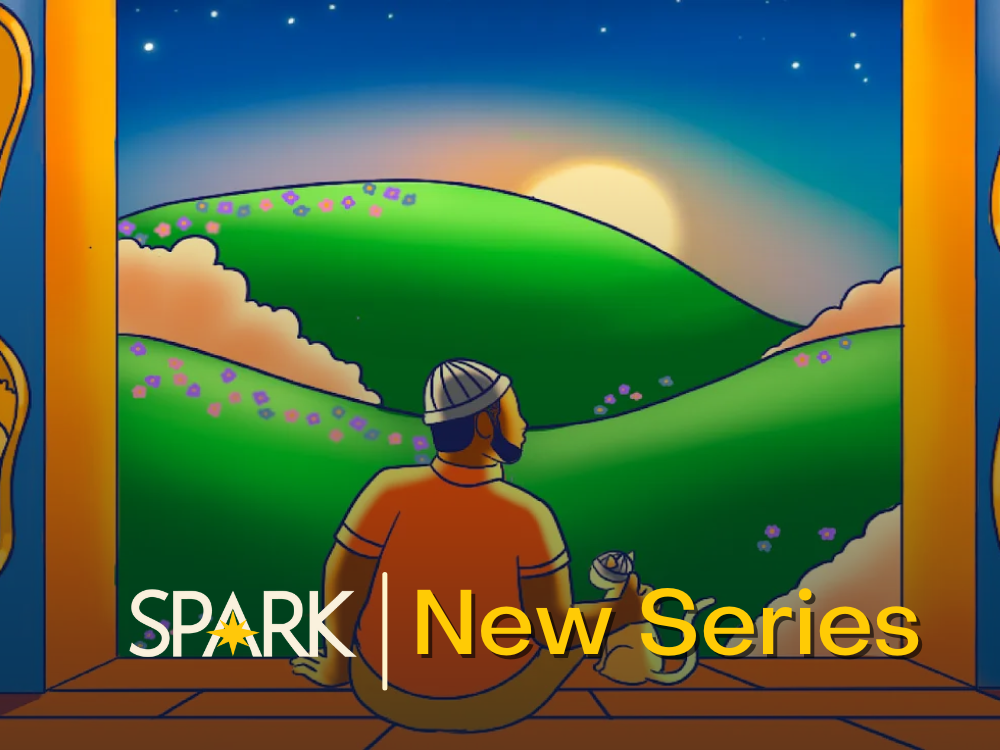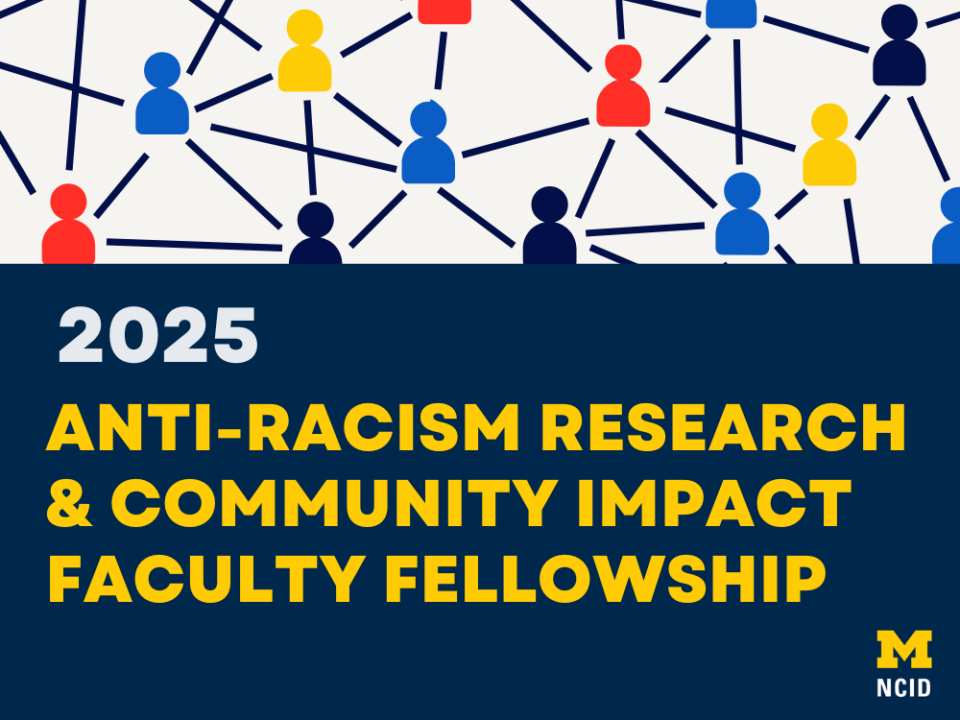- About
- News
- Events
- Initiatives
- Anti-Racism Collaborative
- Change Agents Shaping Campus Diversity and Equity (CASCaDE)
- Diversity Scholars Network
- Inclusive History Project
- James S. Jackson Distinguished Career Award for Diversity Scholarship
- LSA Collegiate Fellowship Program
- University Diversity & Social Transformation Professorship
- Publications & Resources
- About
- News
- Events
- Initiatives
- Anti-Racism Collaborative
- Change Agents Shaping Campus Diversity and Equity (CASCaDE)
- Diversity Scholars Network
- Inclusive History Project
- James S. Jackson Distinguished Career Award for Diversity Scholarship
- LSA Collegiate Fellowship Program
- University Diversity & Social Transformation Professorship
- Publications & Resources

Miseducating the Public: Educators and students respond to anti-diversity movements
May 14, 2024
Two 2024 University Diversity and Social Transformation Professors named
July 18, 2024“Black Manhood and Progressive Masculinity”
Introduction by series curator Charles H.F. Davis III, Assistant Professor in the Center for Higher and Postsecondary Education at the University of Michigan; Founder and Director of the Campus Abolition Research Lab

“I know what the world has done to my brother and how narrowly he has survived it.” —James Baldwin, p.5
Dear Reader,
We need to talk.
I know those words might feel heavy. They're designed to grab your attention, to shake you from complacency and ignite a fire within you. Relax for a moment. Breathe. Open your heart and mind to what I'm about to share. In the spirit of Baldwin's profound reflections, we must recognize the weight of our journey and the importance of transformation.
Listen, I know you've been reading.
James Baldwin's words in The Fire Next Time have resonated deep within you. They've made you question, grapple with the complexities of being a Black man in this world. Religion, identity, politics, love, family, sexuality – all these facets of your existence have been stirred. Baldwin has revealed new possibilities, options you may have thought were off the table. He's offered you space. Our resilience is a testament to our strength, but we must also acknowledge the trauma that has been passed down and recreated amongst others. This trauma manifests in various ways, often leading to emotional suppression and a distorted sense of masculinity. It is time to confront these issues head-on, to heal, and to redefine what it means to be a Black man.
This letter is a sign. Embracing progressive masculinity means shedding the toxic traits that have been ingrained in us. For Black men, the weight of traditional masculinity, often intertwined with the legacy of racial, spiritual, gendered, and socioeconomic trauma, can be a double-edged sword, hindering emotional vulnerability, growth, and authentic self-expression. It means allowing ourselves to be vulnerable, to express our emotions freely, and to seek help when needed. This is not a sign of weakness but of strength. It takes immense courage to face our fears and to dismantle the barriers that prevent us from living authentically. A chance to cultivate those possibilities, to negotiate your own path, to claim your space. It's time to plant seeds. Imagine how you will flourish even through the storms. Root yourself in love, in community, in joy. Your harvest will be tenderness, action, and a radical hope.
Black men, let's go deeper.




